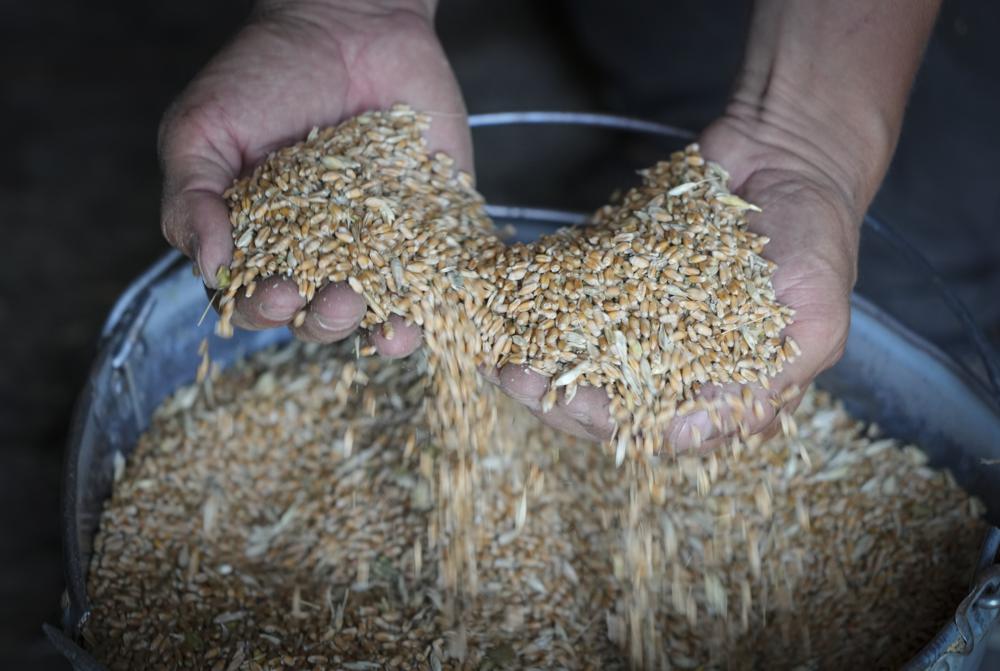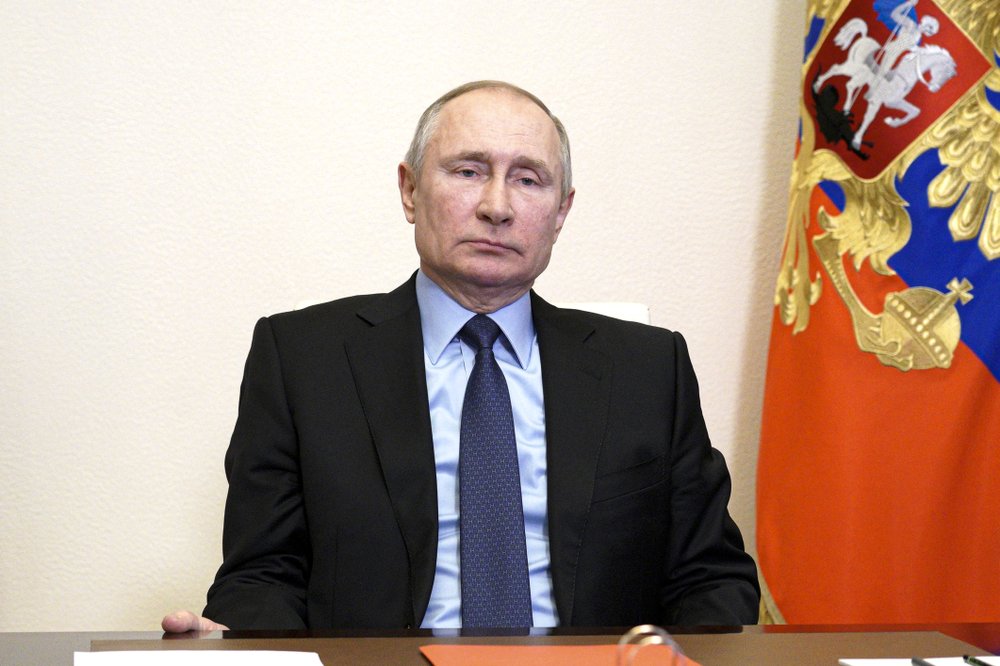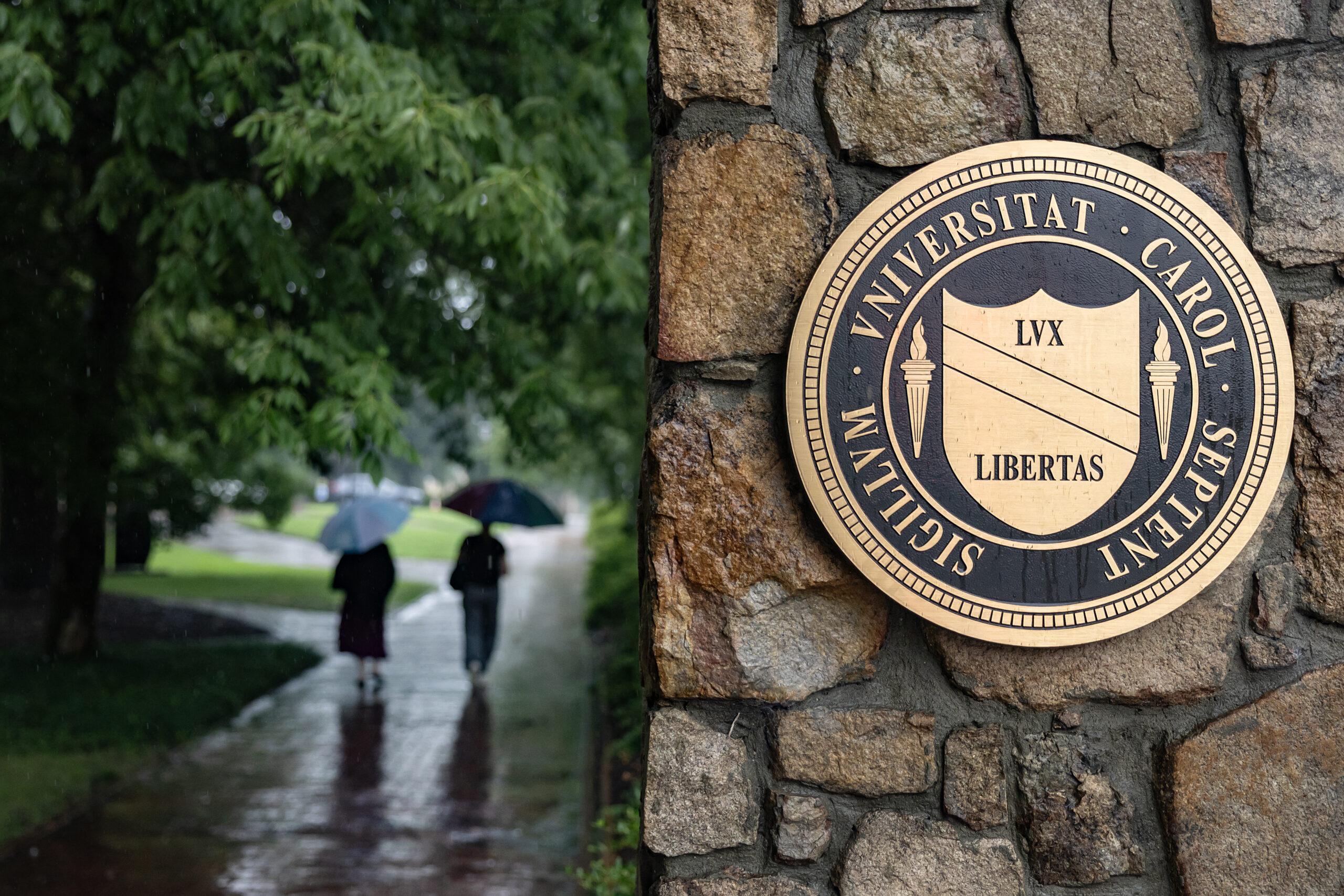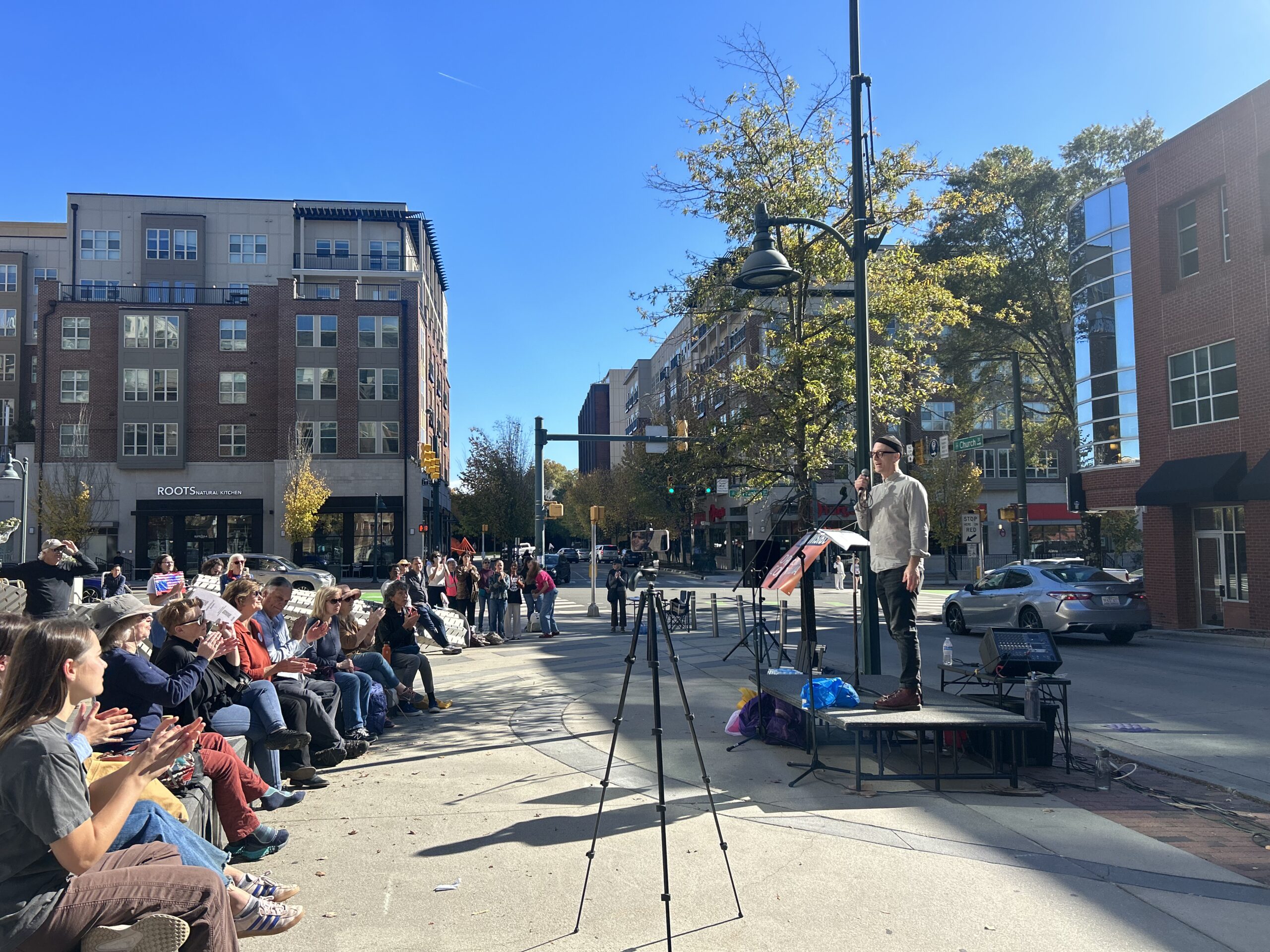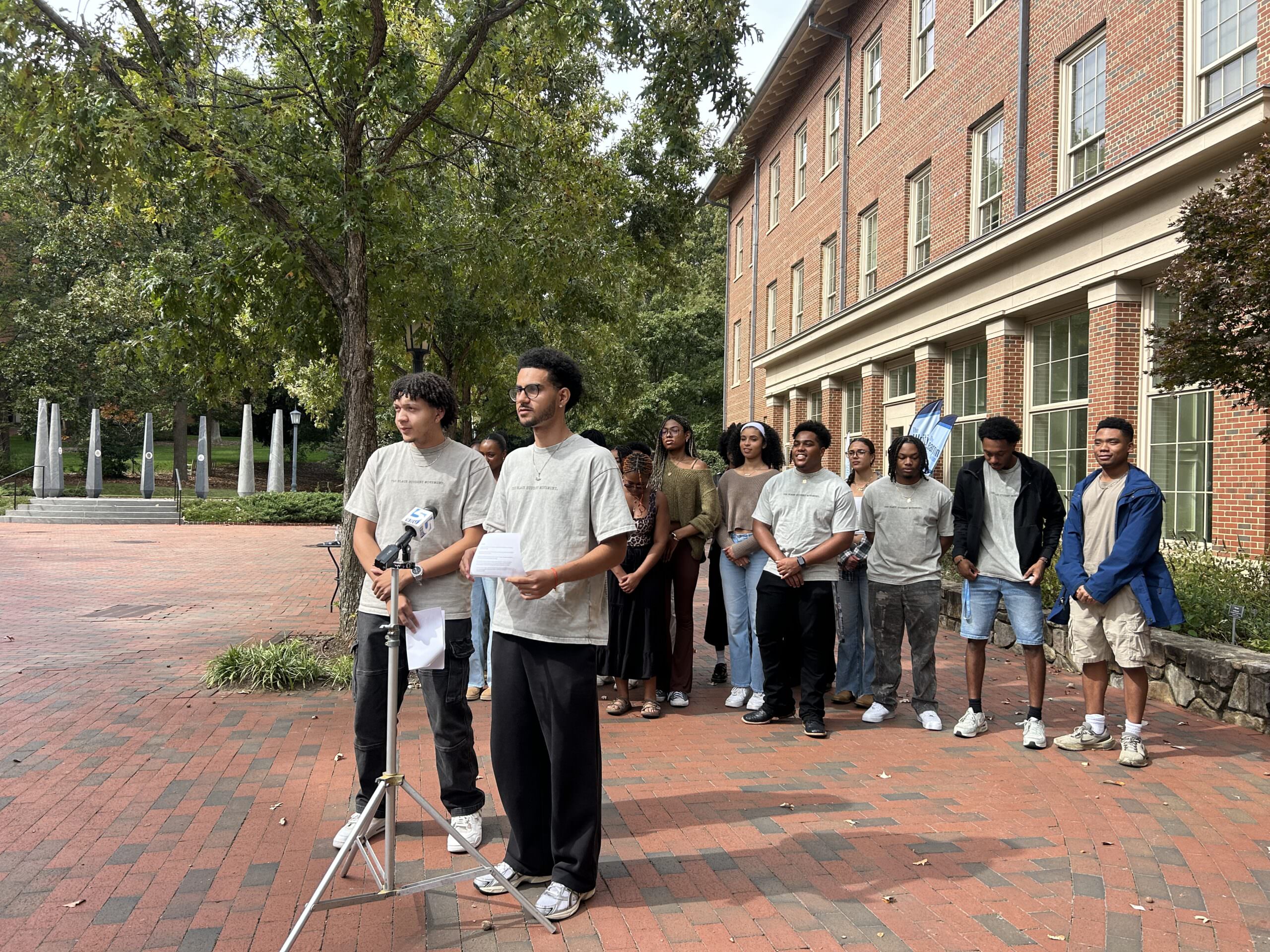Organic protection against exposure to pesticides and nerve gas has been developed through a partnership between chemists at Moscow State University and UNC-Chapel Hill.
The partnership was formed by Dr. Alexander “Sasha” Kabanov, whose groundbreaking research on enzymes started in Russia with the founding of a nanomedicine laboratory.
“In 2010, I got a grant from the Ministry of Science of Russia to establish a laboratory […] in Moscow State University, which is my alma mater and the place where I started my original research which ultimately led me to the United States,” he recalled.
That research was accelerated in North Carolina after Kabanov received an appointment as director of the UNC Center for Nanotechnology in Drug Delivery.
“By that time, we in the United States had done a lot of work on the delivery of the enzymes and we developed our solution, which we called the nanozyme,” he explained.
By experimenting with delivery techniques and protein coatings, Kabanov was able to pioneer enzymatic applications for the treatment of organophosphate poisoning.
“That enabled a possibility to create a protective treatment in which the enzyme is […] administered in the body before exposure, and that resulted in complete protection of animals,” he affirmed.
Kabanov noted that the prevalence of organophosphates in pesticides and chemical weapons makes his research pertinent to both agricultural workers and soldiers.
“Approximately 40 percent of pesticides in the world are still organophosphorus compounds, and obviously these are also chemical warfare agents,” he claimed.
With those agents having been used in Syria earlier this month, Kabanov also emphasized the importance of providing nanoenzymes to civilians in conflict zones.
“This is potential protection of military personnel which might find themselves in the area of application of chemical warfare agents, or civil population in this situation which we unfortunately see the examples with increasing frequency,” he lamented.
A degree of morality was injected into the discussion of chemical research by Kabanov, who elaborated on his imperative to save lives and mitigate suffering.
“We are talking about man-made toxic compounds, essentially; I feel, as a chemist, responsibility to come up with a solution to evil which other chemists have invented,” he noted.
The work done by Kabanov and his team was published two months ago in the Journal of Controlled Release, with the abstract available at sciencedirect.com.
Image by Global Water Partnership.

